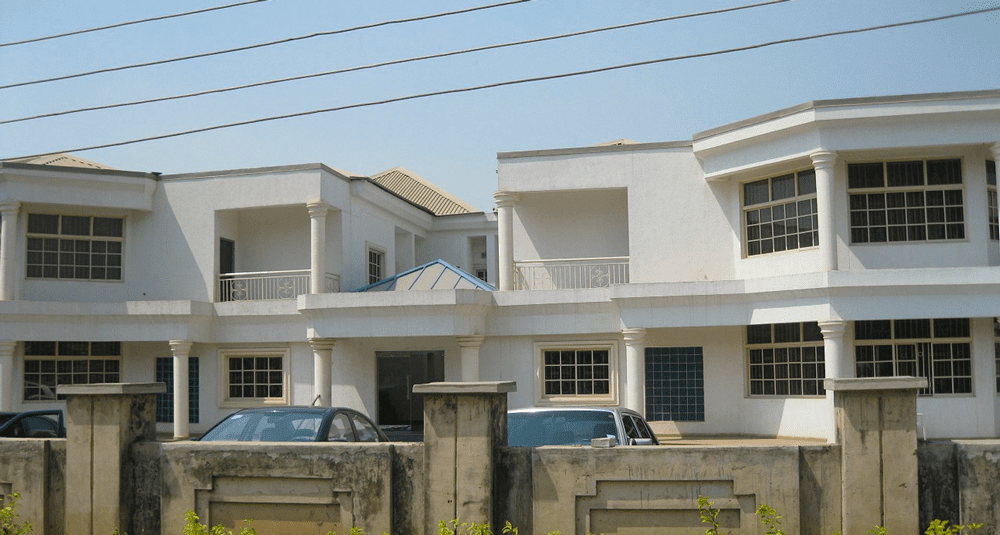What is the capital of Nigeria?
Last Updated:
Nigeria’s capital is Abuja, a modern city in the center of the country. It replaced Lagos in 1991 for strategic, demographic and political reasons. Unlike Lagos, an overcrowded metropolis on the Atlantic coast, Abuja was conceived as a new city, destined to become the administrative and political center of Nigeria.
Prior to 1991, Lagos was the capital of Nigeria. However, there were several reasons why the government chose a new capital. Firstly, Lagos was suffering from growing overcrowding and chaotic urban planning, which made administrative management difficult. In addition, its south-western location favored a certain regional inequality, with some parts of the country feeling marginalized.
The choice of Abuja, in the center of Nigeria, was intended to correct this imbalance and provide a more accessible capital for the entire population. Its strategic position ensures greater ethnic and political neutrality, as it is not dependent on any of the major dominant ethnic groups, unlike Lagos, which is strongly influenced by the Yoruba.
Unlike Africa’s major metropolises, which have developed organically, Abuja is a planned city. Its development was entrusted to urban planners, including American and Japanese experts, who designed a modern city with wide avenues, modern infrastructure and well-defined residential areas.
One of Abuja’s landmarks is Aso Rock, a gigantic granite monolith that dominates the city and at the foot of which are government buildings, including the Nigerian presidency.
As the capital, Abuja is home to the country’s main political institutions, including the presidential palace, the Nigerian parliament and the Supreme Court. It is also home to numerous embassies and international organizations, reinforcing its role as Nigeria’s diplomatic and administrative center.
Among the city’s most impressive structures are the Nigerian National Mosque, with its immense golden dome, and the National Christian Cathedral, symbolizing the country’s religious diversity.
While Lagos remains Nigeria’s most populous and economically dynamic city, Abuja stands out for its urban organization and central political role. Unlike Lagos, which is a financial and commercial center, Abuja is primarily a government city, although it has also experienced an economic boom with the establishment of numerous international companies and organizations.
However, despite its rapid development, Abuja is not immune to the social and economic problems that affect Nigeria, including corruption, social inequality and the threat of terrorist groups such as Boko Haram, which has carried out several attacks in the city over the years.
Abuja has been Nigeria’s official capital since 1991. It was chosen for its geographical and ethnic neutrality and modern urban planning. Unlike Lagos, it plays an essentially political and administrative role, hosting the country’s institutions as well as international embassies. Today, Abuja continues to develop and embody a modern vision of Nigeria, although it still faces a number of challenges linked to urban growth and the country’s stability.
You may also be interested in
geography

What is the capital of Nigeria?
Answer
Nigeria's capital is Abuja. Officially designated in 1991, it replaced Lagos to give the country a more central and balanced location.